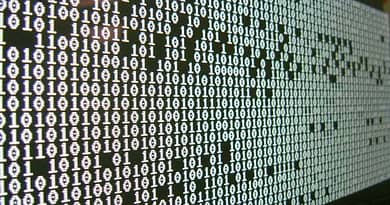How to avoid using weak passwords
Updated on / dernière mise à jour : 12/09/2023
In order to avoid using weak passwords, there are a number of things you can do. First, you should avoid using obvious passwords such as "password" or "123456". These are the most commonly used passwords and are easy for hackers to guess. Instead, you should choose passwords that are unique, complex and difficult to guess.
One way to create a strong password is to use a combination of uppercase and lowercase letters, numbers and symbols. You can also use a passphrase, which is a series of words or a sentence that is easy for you to remember but difficult for others to guess. For example, instead of using a single word like "password", you could use a phrase like "MyDogsNameIsMax2023!".
Another way to avoid using weak passwords is to use a password manager. Password managers are software programs that help you create, store and manage strong passwords. They can generate random passwords for you, store them securely and automatically fill them in when you need to log in to a website or app. Some popular password managers include LastPass, Dashlane, and 1Password.
Historically, weak passwords have been a major security issue since the early days of computing. In the 1960s and 1970s, passwords were often simple words or phrases that were easy to remember. However, as computer systems became more complex and connected to the internet, the need for stronger passwords became more important.
In the 1980s and 1990s, password cracking software became widely available, making it easier for hackers to guess or crack weak passwords. This led to the development of password policies and guidelines, such as requiring users to use a minimum number of characters, to include both letters and numbers, and to change their passwords regularly.
Examples of proper passwords include "6fKj#p4@Z", "8hNt*G!sD" and "R3dDr@g0n$". These passwords are all at least eight characters long, include a combination of uppercase and lowercase letters, numbers, and symbols, and are difficult to guess. Examples of bad passwords include "password", "123456", "qwerty", "letmein", and "admin". These passwords are all commonly used and are easy for hackers to guess or crack.
In conclusion, avoiding weak passwords is essential for maintaining the security of your online accounts and personal information. By choosing strong, complex passwords and using a password manager, you can help protect yourself from cyber threats. Additionally, it is important to stay up-to-date with the latest password guidelines and best practices to ensure that your accounts remain secure.
Top 50 – Worst passwords
|
|
* Based on SplashData's annual "Worst Passwords" list (December 2021). The list is compiled by analyzing millions of leaked passwords and identifying the most commonly used and easily guessable passwords.




